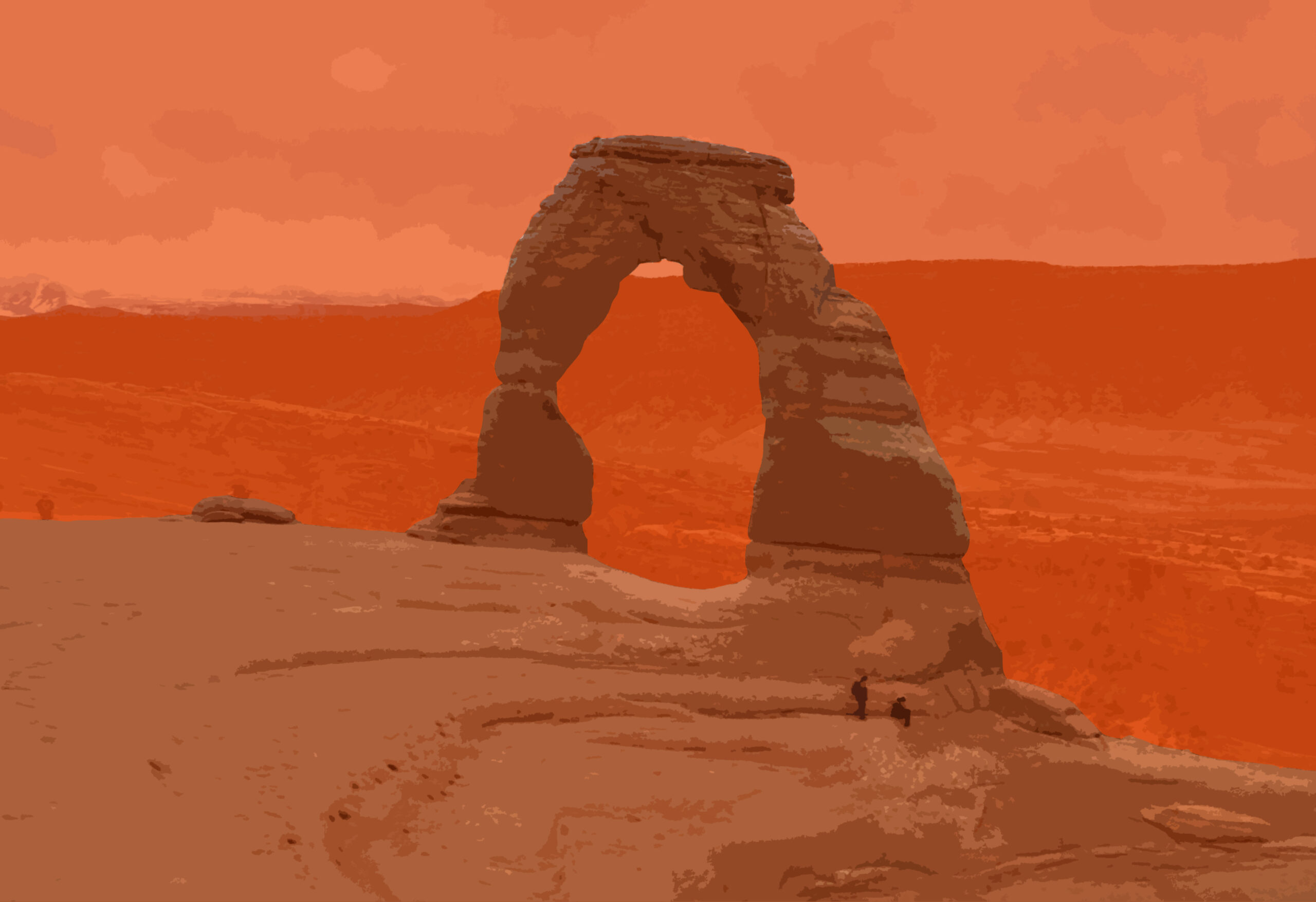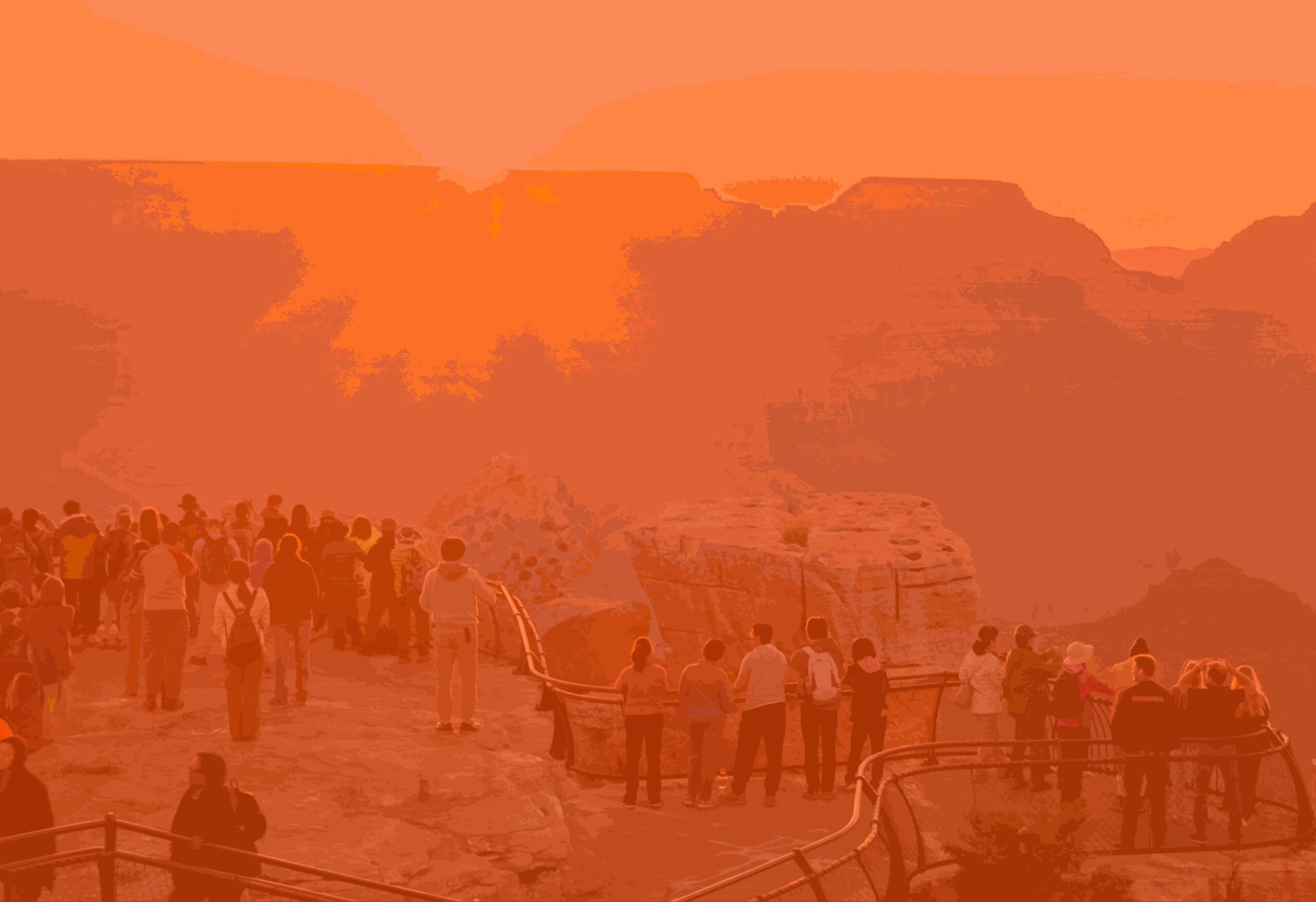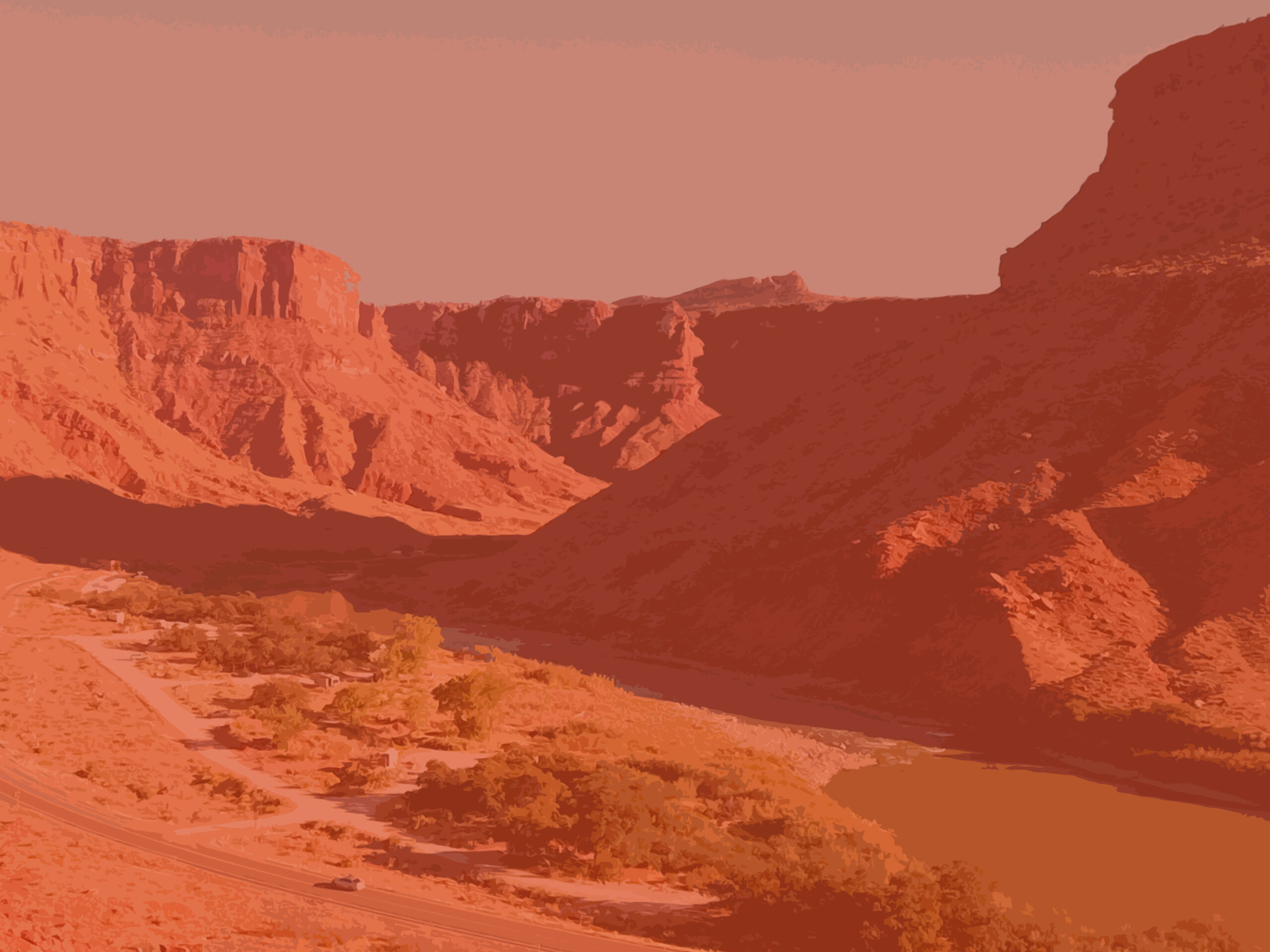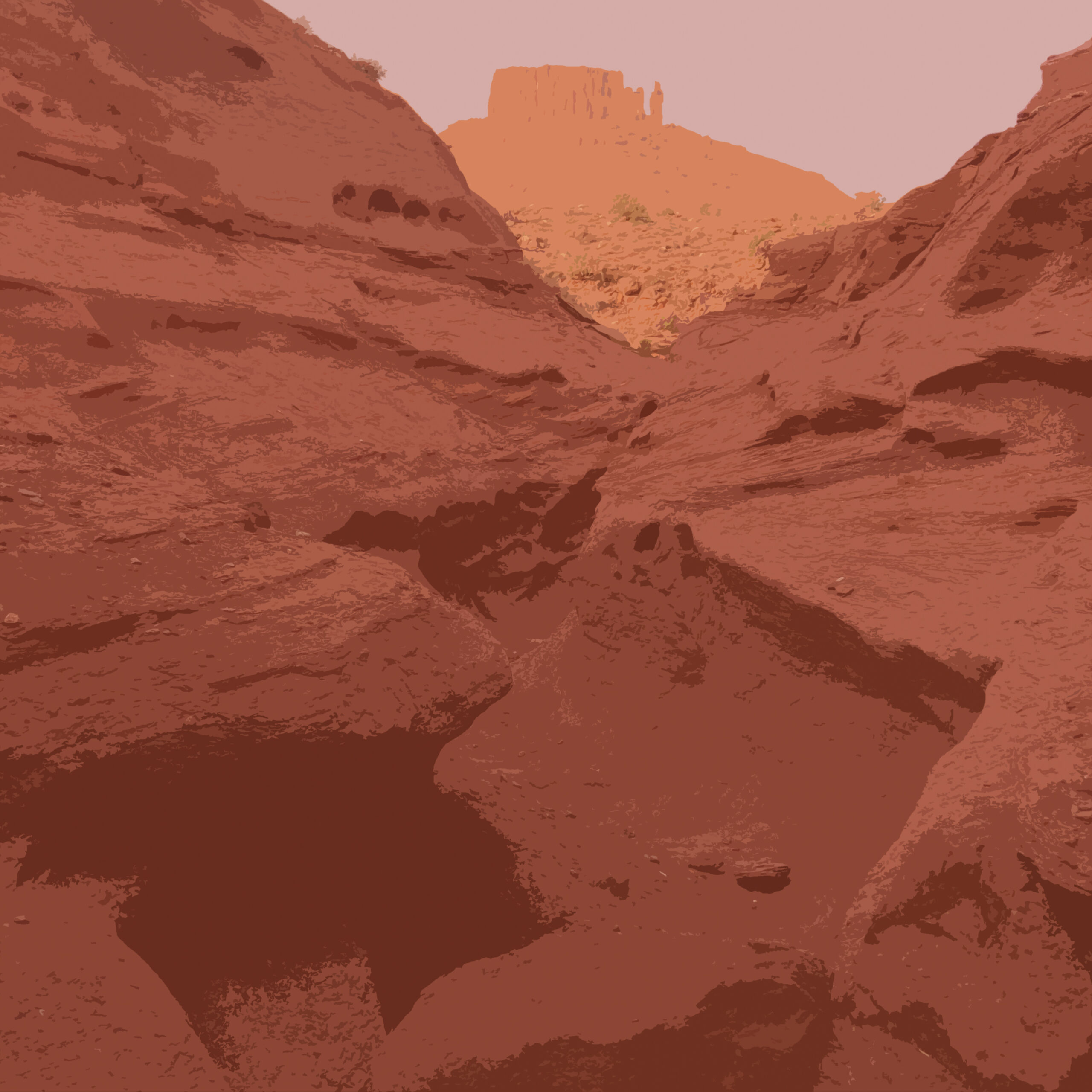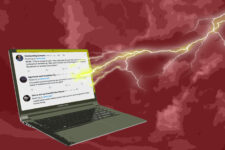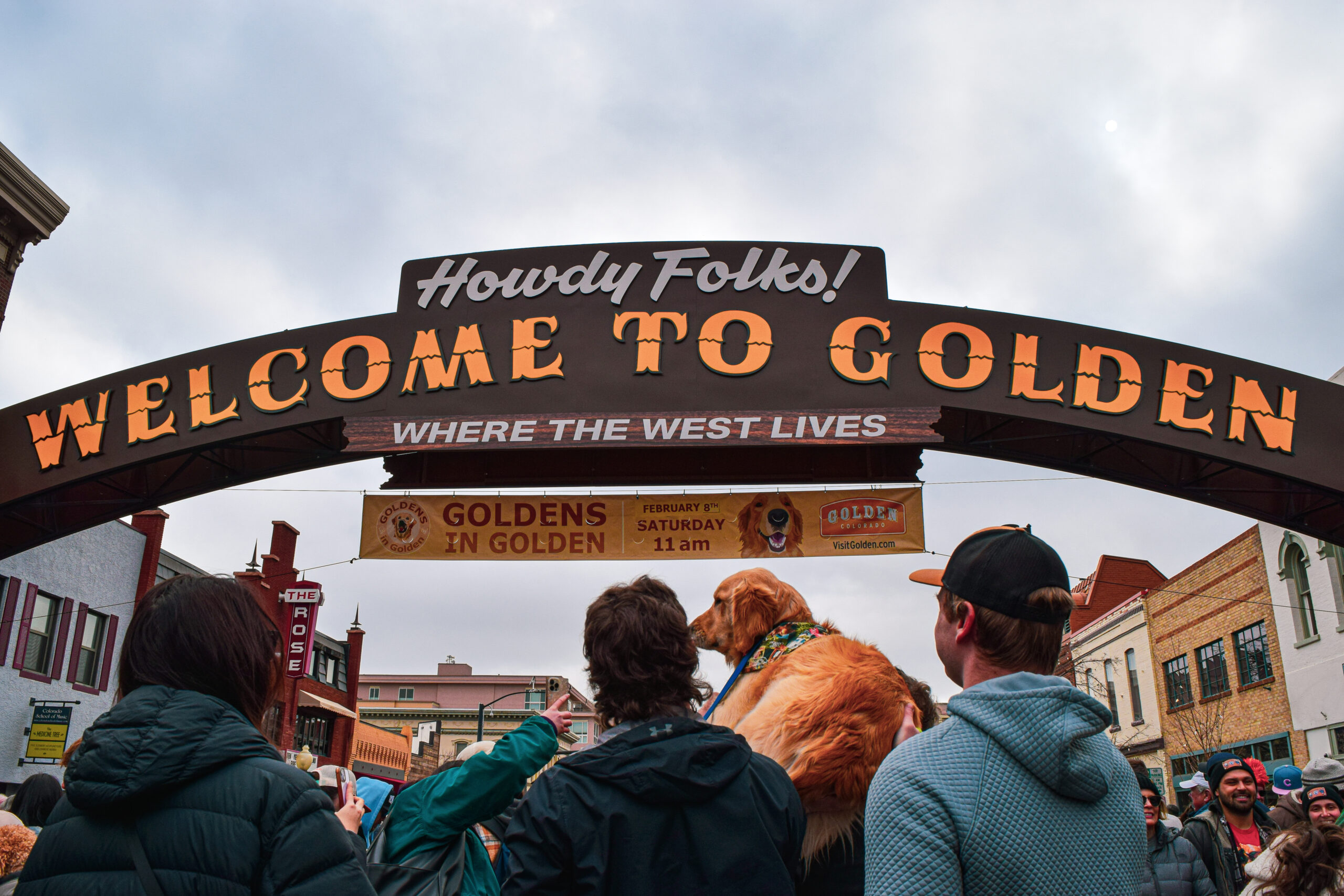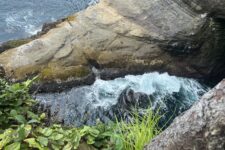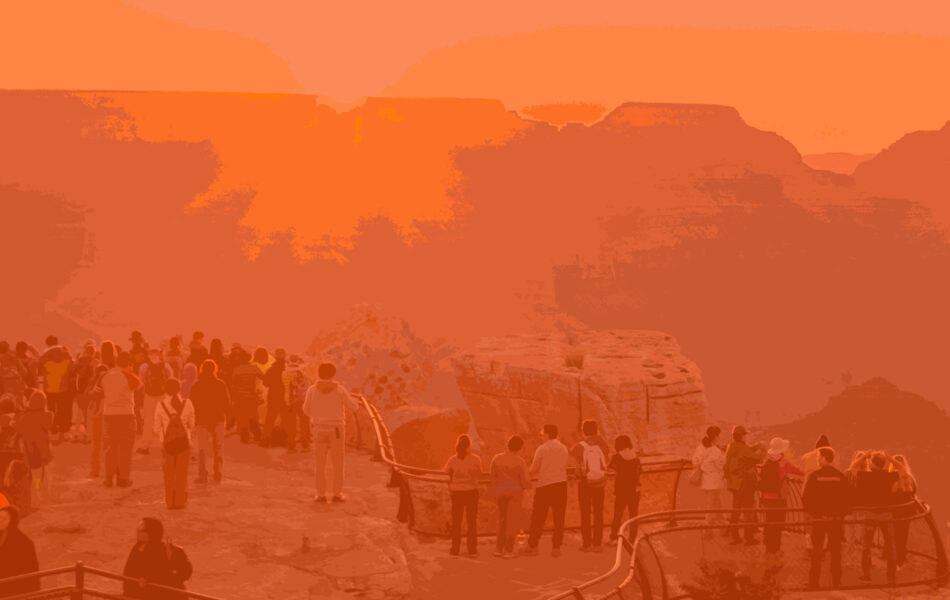
America’s National Park Problem
Our National Parks, tragically, have lost their sense of discovery.
America is a country built on the knowledge of The Enlightenment. We may have “In God We Trust” emblazoned across our currency, but that is not our true identity. Benjamin Franklin was an atheist. Thomas Jefferson was a heretical Diest. Secularism is in our blood as much as anything masquerading as Christianity. As we trampled westward over native cultures, we established our values as the law of the land, and laid waste to the traditions of the indigenous people.
Now, scarcely two centuries later, we have shed the pretense of Christianity, and religion altogether. We are currently a nation built on the foundation of our own iron will, yet it is not enough for us. Having cast away the divine, we suddenly pine for that which is sacred. We find it within our National Parks.
Delicate Arch is the closest thing America has to hallowed ground. It’s a mile-long hike up a slickrock face. As a kid, I remember that the climb felt endless, and there was no indication that it would end anytime soon. Then, suddenly I rounded a corner AND IT’S THERE.
It’s truly breathtaking. Delicate sits detached atop a cliff, a lone sentinel, keeping watch over the distant La Sal Mountains to the east. It is THE most stunning place I’ve ever been. But now, with over a million annual visitors, it feels more akin to Disneyworld.
This is one of the most unheralded developments of the last decade. Natural gems have become overrun. Legions of tourists, motivated by Instagram and social media kudos, flock to these sites and clog them full of fanny packs and iPhone 11s.
“I visited Horseshoe Bend,” they proudly declare, “along with 300 of my friends.”
America loves the great outdoors more than ever before. National Park attendance is at an all-time high. States with abundant natural beauty, such as Colorado, are deemed more attractive. In 2010, the population of the Centennial State was hovering around 5 million. Eight years later, that number grew to 5.6 million, a 13.25% increase. Beautiful places are in demand, and are beginning to overflow. Mountains like Mount Elbert, once peacefully adrift in the Saguache Mountains, now have a line to get to the summit. The wilderness has been commodified, and is beginning to lose its sense of discovery.
Personally, I do not go into the wild in search of a carnival. I go to escape from the hubbub of everyday life. So when I set off for Moab, Utah a couple months ago, Arches National Park was not in my plans.
In fact, not much was in my plans at all. My agenda included enjoying the greatest 1,500 square miles God ever created, and that was about it. I drove out east of Moab on US Highway 128, my favorite road in the world.
After a while, I turned off onto a side road, heading south. What motivated this turn? Whimsy, I guess. The landscape looked interesting, and I wanted to see what I could find.
I am going 40 miles an hour down an uninhabited wash, windows down, seatbelt off, and bumpin’ some Eddie Vedder. I am having the time of my life.
This side route dead-ended at a trailhead. With nowhere else to go, I parked and set off on foot. The trail led me down alongside a riverbed, the source of which seemed to lie further up the canyon. I pressed onward.
Eventually I wandered up an unidentified slot canyon, a tributary of the stream. Maybe it’s marked as Canyon 167 on some geological survey, I don’t know, side roads don’t have names. Side roads like to lie, and tell you they are not important enough to have a name, because they do not lead to anywhere worth seeing.
I sat in here for an hour, alone.
I love National Parks, I really do. I hope they never go away, and that their borders grow more and more expansive. But along with all their brilliance they have created a generation of Americans that assume that they could never find anything beautiful without a TripAdvisor page telling them how to get there, and a sign explaining to them what it was. Discovery is still possible in the 21st century, but you have to be willing to try.
This is one of the few articles by Will Klumpenhower that is meant to be taken seriously. He promises he will never do it again. Follow him on Twitter here.

